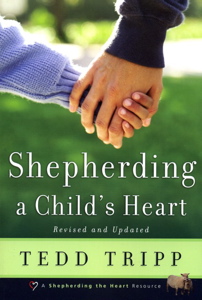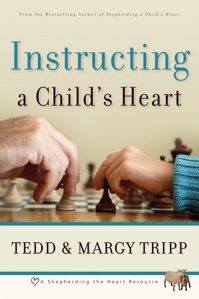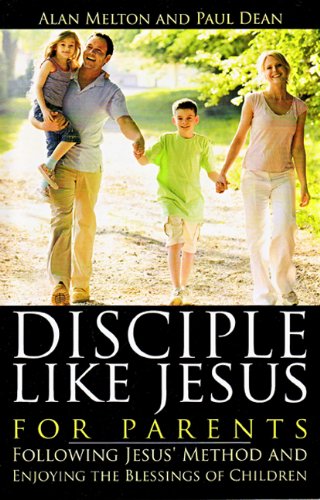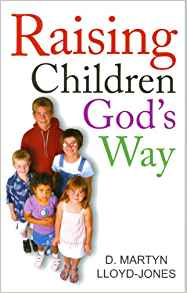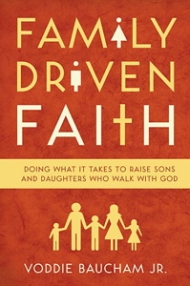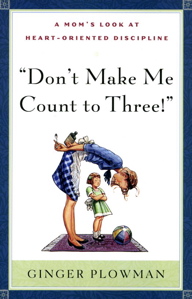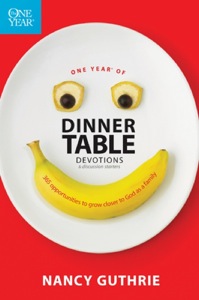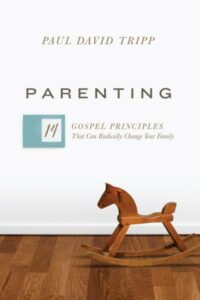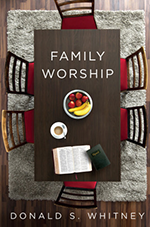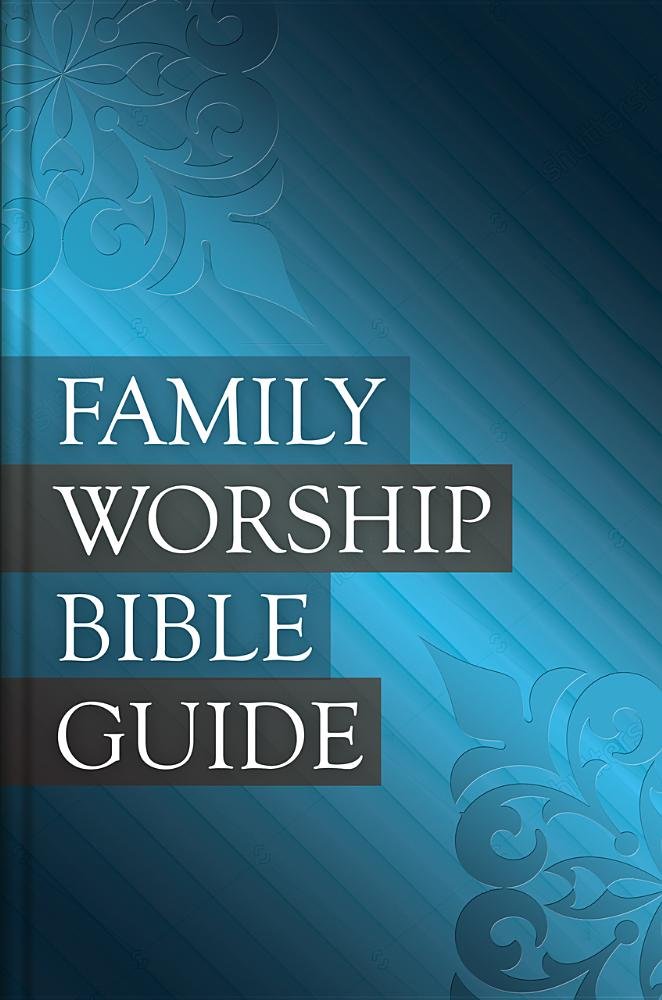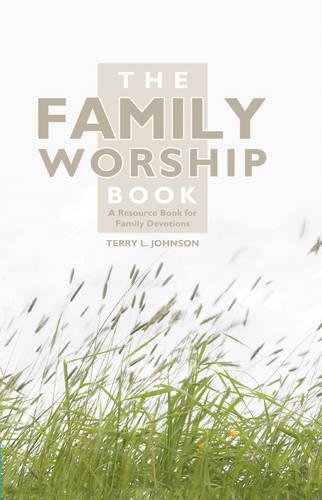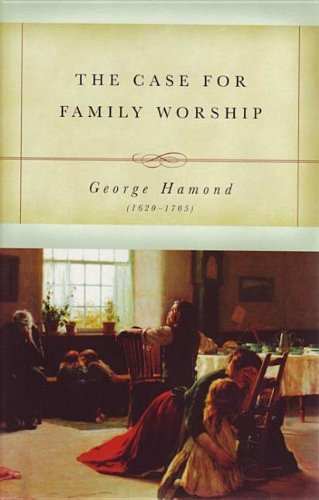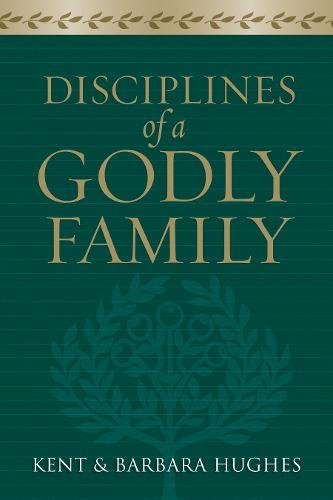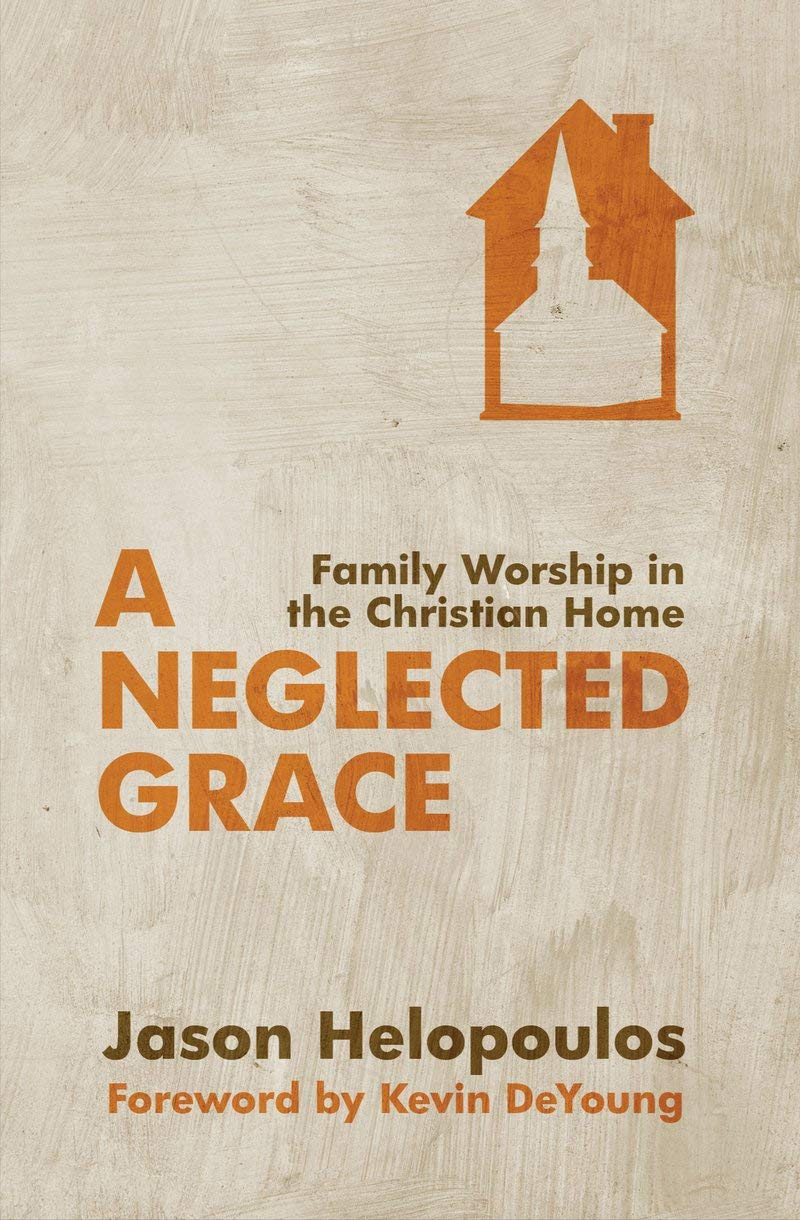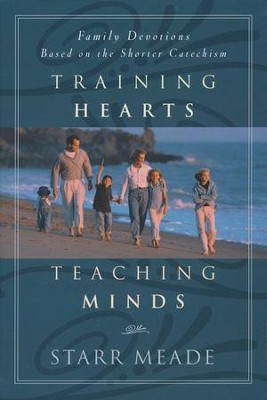WE come now to consider the remaining office devolving on the head of a family. In addition to that of governor and instructor, he is required to act the part of a priest to his family. I, of course, use the word ‘priest’ figuratively, inasmuch as there are now no sacrifices, in the proper sense of the term, to be offered up. The typical sacrifices have all been superseded by the one great offering to which they pointed; and as it was a perfect offering, there is no. necessity for another. ‘For the law having a shadow of good things to come—can never with those sacrifices which they offered year by year continually, make the comers thereunto perfect. For then would they not have ceased to be offered? because that the worshippers once purged should have had no more conscience of sins.’ Therefore, ‘every priest standeth daily ministering and offering oftentimes the same sacrifices, which can never take away sins: but this man, (Christ,) after he had offered one sacrifice for sins, for ever sat down on the right hand of God.’ ‘For by one offering he hath perfected forever them that are sanctified.’ ‘Now where remission of these (sins and iniquities) is, there is no more offering for sin,’ Heb. 10:1, 2, 11, 12, 14, 18. And if there be no more offering, there are no more priests. The doctrines of transubstantiation and a bloodless sacrifice, have continued the appellation of priests, the class of men who claim to be the ministers of Christ. What I mean, therefore, is, that the head of a family is required to lead in the social devotions of his household, at stated and regular times. This domestic worship should usually embrace reading the Scriptures, singing, and prayer. And in the same character, he is required to implore, at his table, the blessing of God upon the bounties of his providence, accompanied with devout thanksgiving for the same.
Man is bound to worship God in every relation of life in which he may be placed. As an individual, it is his duty to observe secret prayer: as a member of society, he should unite in the public worship of God in his sanctuary: and as the head of a family, he is required to lead its devotions. As a reasonable creature, he should frequent his closet, to engage in the private duties of religion; as a social being, he should, engage with others in acts of worship. All things were made for God, as well as by Him. And all his works, in all places of his dominion, are called upon to praise him. Man, as an individual, was made for God, and should worship Him. Families were established for God, as we have before noticed, and as such they are called upon to worship Him. Public society, and the powers that be, are ordained of God and for Him, and as such, should worship Him.
It is, however, to the duty of family worship, that the reader’s attention is now asked.
This duty may be shown from the light of reason, and from the fitness of things.
There is in every family, an interest common to all that compose it. The joy and the sorrow of one, is the joy and sorrow of all. Whatever affects one member, more or less affects the whole household. This is particularly manifest in the blessings and curses that fall upon them. And especially does this tie bind the interest of all, to that of the head of the family. If he be prospered, all are prospered, and partake of the benefit, if he be unfortunate, or injured, all share in the adversity and experience a common reverse. A whole family is sometimes punished for the sins of one member. If one be disgraced, all feel that they bear a part of the odium. If one be honoured and promoted, all are thereby more or less elevated. If the head of the family be a drunkard or a spendthrift; if he be a murderer or a thief, are the rest of his family indifferent or unaffected? Scripture will justify this representation of a common connexion, and mutual interest in the family circle. ‘The Ark of the Lord continued in the house of Obed-edom, the Gittite, three months; and the Lord blessed Obed-edom, and all his household.’ 2 Sam. 6:11. David was taking the ark from Kirjath-Jearim, and after God had destroyed Uzzah, for his unhallowed touch, ‘David carried it aside into the house of Obed-edom, the Gittite.’ ‘And the Lord blessed the house of Obed-edom, and all that pertaineth unto him, because of the ark of God.’ ver. 10. 12. Here the blessing was not confined to the head of the family, by whose permission the ark was carried into his house, but all the household partook of the blessing. ‘The Lord blessed the Egyptian’s house for Joseph’s sake; and the blessing of the Lord was upon all that he had, in the house, and in the field.’ Gen. 39:5. Here the blessing was not confined to Potiphar, the head of the family, who was instrumental in bringing him under his roof, his family at the time knowing nothing of the transaction between him and the Ishmaelites, but extended to his household. God declares, ‘I will bring evil on the house of Jeroboam,’ 1 Kings, 14:10. ‘Because of the sins of Jeroboam, who did sin, and who made Israel to sin.’ ver. 16. He also declared; ‘For the whole house of Ahab shall perish.’ 2 Kings, 9:8.—And that because of Ahab’s sins. Here the curse falls on the family because of the sins of the head of it. ‘The house of the righteous shall stand.’ Prov. 12:7. ‘But the house of the wicked shall be overthrown.’ Prov. 14:11, Look at the case of Dathan and Abiram, ‘how the earth opened her mouth, and swallowed them up, and their HOUSEHOLDS.’ Deut. 11:6. Throughout the Scriptures we find repeated instances of a whole family being blessed or cursed, on account of the good or bad conduct of the head, or some other member of it. The promise is to believers and to their seed. This at once establishes the common and mutual interest of which we speak.
A whole family, moreover, is sometimes mentioned in Scripture, as sinning in their social and connected capacity. ‘Lest there should be among you, man, or woman, OR FAMILY, or tribe, whose heart turneth away this day from the Lord our God, to go and serve the gods of these nations.’ Deut. 29:18. Here ‘a family’ is mentioned as distinguished from a man or woman in their individual capacity. Speaking of a man who had made the Lord his habitation, the Psalmist says, ‘There shall no evil befall thee, neither shall any plague come nigh thy dwell.’ Ps. 91:10. ‘The curse of the Lord is in the house of the wicked, but he blesseth the habitation of the just.’ Prov. 3:33. Speaking of a man who should commit idolatry, God declares, ‘I will set my face against that man, and against his family.’ Levit. 20:5. If, then, the members of a family be so intimately connected with its head, and their condition so naturally deterred by his, and their fate so dependent on his, reason alone would dictate that he should lead them to a throne of grace, and in their behalf, supplicate the Divine favour, and render thanks for the mercies they have enjoyed.
Again, this duty naturally arises from the relation which a family, as such, sustains to God; There are duties which arise out of, and are determined by, the several relations we sustain to God and to each other. These duties are discoverable by the light of nature. Repentance and thanksgiving are duties without a positive command enjoining them. The duty. of prayer, when permission is given to ask, is suggested by a sense of dependence on God. The mutual duties of parent and child, and of the head and members of a family, belong to the same class. It appears to be proper and reasonable, in itself considered, when about to retire to rest, to return thanks for the mercies of the day past, and to ask protection of a watchful omnipotence, on whom we ever depend for safety, that he would guard us in the defenceless hours of sleep, from the dagger, of the assassin, the depredations of the thief and robber, the ravages of fire, and from every other danger to which we are exposed. And in the morning, to acknowledge our indebtedness to God, for such protection, and to supplicate the same for the day, and all necessary provision for our wants, and grace to discharge aright, our respective duties. So clearly manifest is this duty, that even the heathen pay such worship to their household gods. The rising and the setting sun, point out the appropriate seasons for this duty, and so sensibly is it felt at such times, that those without the knowledge of the true God, have even worshipped the sun at his rising and setting. As this is a natural division of time, it appears from many considerations, that the morning and evening are the most convenient and appropriate seasons for family worship. The members of the family are usually together at such times. At night our labour ends, and in the morning our slumbers end. And there is little danger of interruption then, either by business or visitors: ‘It is a good thing,’ says the Psalmist, ‘to show forth thy loving kindness in the morning, and thy faithfulness every night.’ Ps. 92:2.
